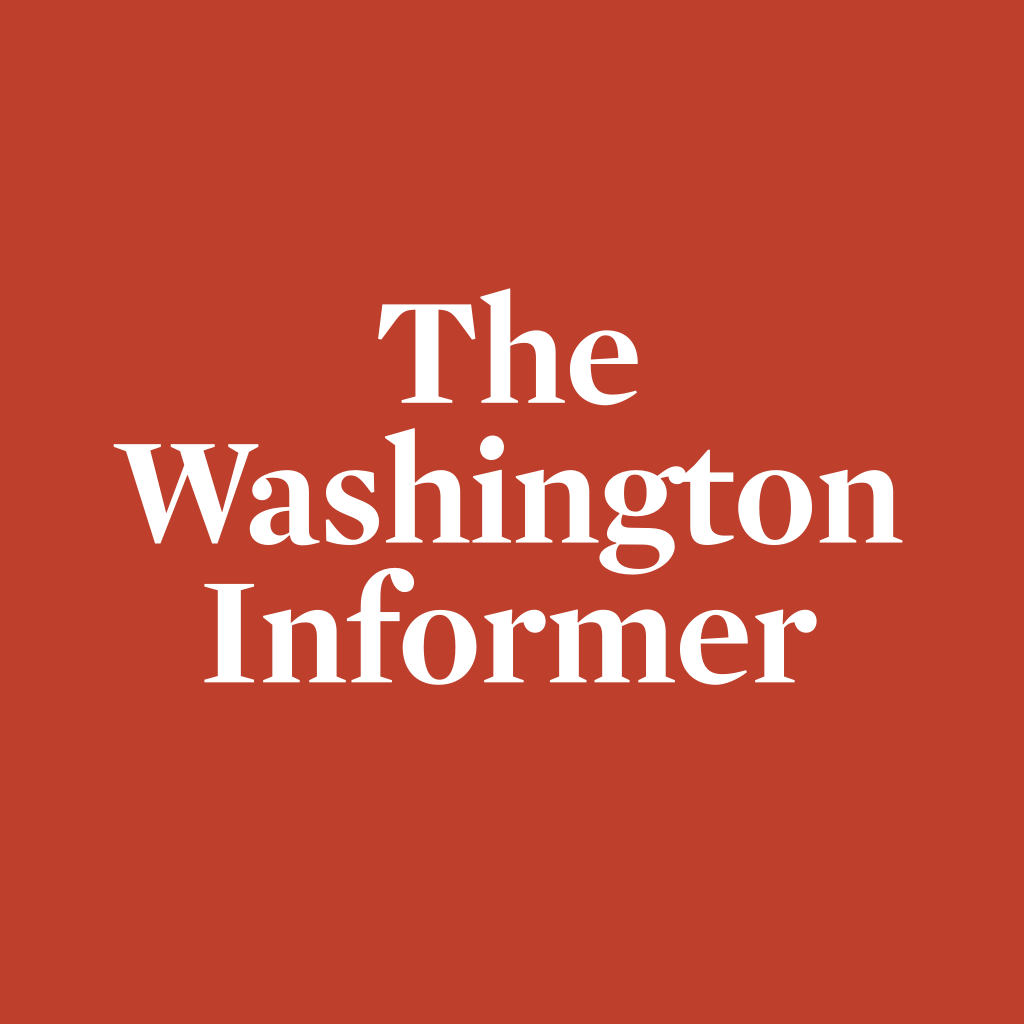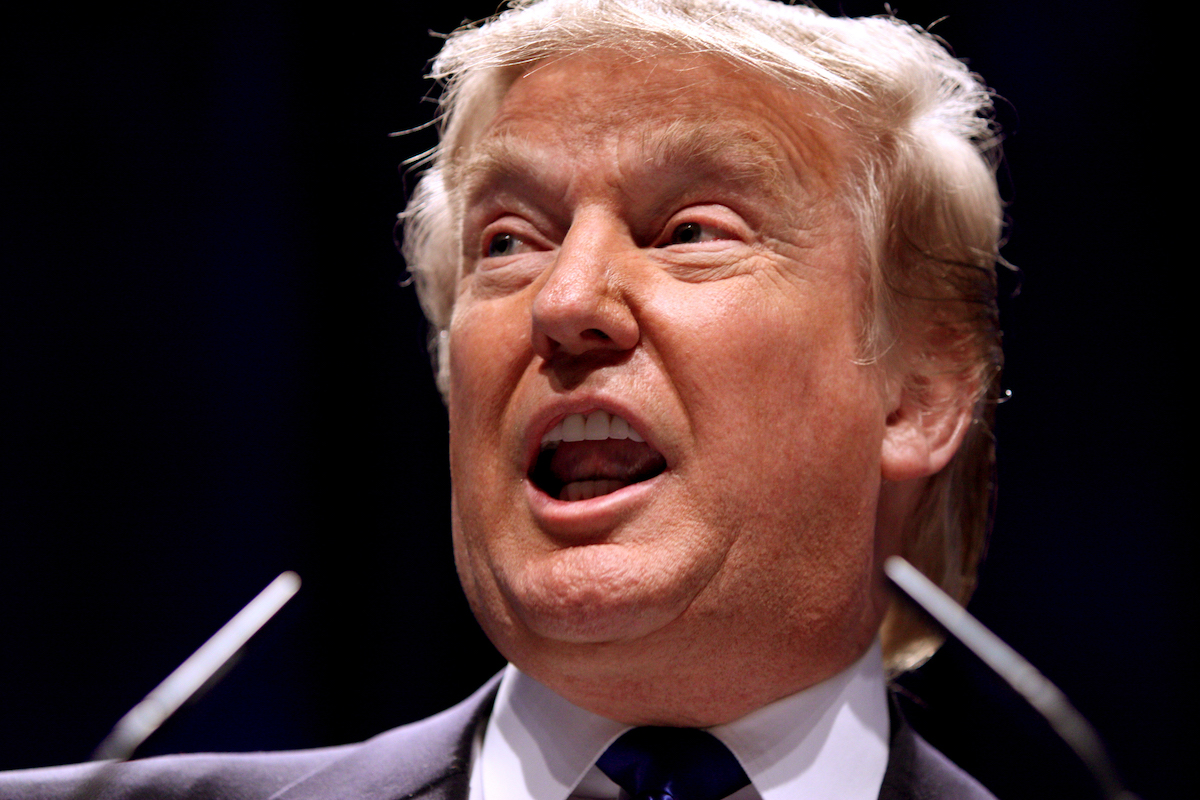A newly released report from House Democrats reveals how Donald Trump’s presidency became a platform for personal financial gain.
The twice-impeached former president and Republican presidential nominee allegedly profited from the U.S. Secret Service and other government entities that paid inflated rates at his properties.
The report details how Trump’s Washington, D.C., hotel regularly overcharged the Secret Service while agents protected him, his family, and foreign dignitaries—a practice that Democrats say violated the Constitution’s Domestic Emoluments Clause.
From September 2017 to August 2018, Trump’s hotel in Washington, now the Waldorf Astoria, billed the Secret Service for more than 200 rooms over 50 separate nights. The rates charged were often far above the authorized government per diem, with the report highlighting multiple instances where the Secret Service paid 300% or more than standard rates. In one case, during a stay by Eric Trump and his wife, Lara Trump, in November 2017, the Secret Service was charged $600 per room, while the per diem was $201. On the same night, other guests paid significantly less, including a Chinese business interest.
“These payments reveal hundreds of unconstitutional and ethically suspect transactions Trump accepted while in office from domestic sources—including a federal agency, numerous federal and state officials, and individuals who sought and frequently obtained federal offices as well as presidential pardons,” the report states.
Secret Service Overcharges and Pay-to-Play Allegations
The report highlights how Trump’s hotel treated the Secret Service as a “captive customer,” repeatedly overcharging the agency even as Trump’s children publicly claimed that government staff stayed at his properties “for free” or “at cost.”
The reality, according to the report, was quite different.
In one February 2018 incident, the Secret Service was charged $895 per room to protect Eric Trump during his stay, while the per diem rate was just $201—a 450% markup.
Moreover, the report shows that Trump’s hotels often charged the Secret Service more than other guests, including foreign dignitaries. On the same night that Eric Trump stayed in February 2018, the Qatari royal family was billed significantly less for their rooms, with some paying as little as $280.
The report also emphasizes the more significant implications of these financial transactions. In addition to overcharging the Secret Service, Trump’s businesses benefited from payments made by federal and state officials, individuals seeking political favors, and convicted criminals hoping for presidential pardons. Among the 30 examples of these payments highlighted in the report, more than half involved current federal or state officials using taxpayer funds to stay at Trump’s hotel, potentially violating the Domestic Emoluments Clause.
One instance involves Malaysian Prime Minister Najib Razak, whose delegation stayed at the Trump International Hotel in Washington in September 2017, racking up charges of more than $248,000 during their visit. The Department of Justice was investigating a major corruption scandal involving Najib’s government at the time. Meanwhile, the Secret Service also spent more than $12,000 for its accommodations while protecting Trump and his family that same month.
Trump’s Financial Gains During Presidency
This new report builds on a January 2024 report revealing that Trump’s private businesses had received $7.8 million from foreign entities during his office. The combined findings suggest that Trump routinely used his properties and the presidency to extract financial benefits from federal agencies, foreign governments, and individuals seeking to curry favor.
“These transactions show that Trump used his position to line his own pockets, and at times, at the expense of American taxpayers,” the report states.
The Secret Service reported spending more than $1.4 million at Trump-owned properties during his presidency. However, Democrats on the House Oversight Committee argue that this figure likely represents just a fraction of the total amount, as many transactions remain undisclosed. The report noted that only 11 months of guest logs from Trump’s D.C. hotel were reviewed and that the full scope of Trump’s financial entanglements throughout his presidency has yet to be fully uncovered.
Legal Loopholes and Call for Reform
While Trump has faced multiple lawsuits over violations of the Emoluments Clauses, courts have dismissed many of these cases on technical grounds, leaving him without direct legal consequences. The new report, however, stresses the need for stronger federal anti-corruption measures and clearer penalties for Constitutional violations.
“The findings of these Democratic staff reports reveal significant shortcomings in the current federal anti-corruption framework—shortcomings that Donald Trump exploited to the tune of millions of dollars and intends to exploit again if he is returned to the Oval Office,” the report’s authors write.
The report stops short of recommending penalties for Trump but instead calls on Congress to pass stricter legislation to address the loopholes that allowed Trump to profit from his presidency. It emphasized the need for more vigorous enforcement of both the Domestic Emoluments Clause and the Foreign Emoluments Clause, which bar a president from receiving payments from federal agencies and foreign governments.
Urgent Congressional Action Needed
The report warns that Trump’s behavior sets a dangerous precedent for future presidents, particularly if reforms are not enacted. House Democrats argue that without swift action, future presidents could be emboldened to follow Trump’s example and leverage their office for personal gain.
“These reports are urgent calls to action that Congress must heed to ensure the effective enforcement of the Constitution’s Domestic Emoluments Clause—as well as the Foreign Emoluments Clause—and to ensure that our government serves exclusively the public interests of the people rather than the private interests of the president,” the report concluded.


